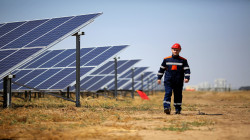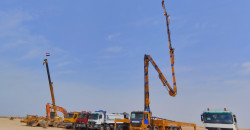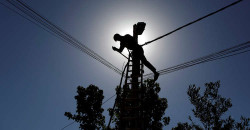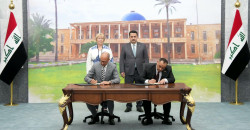Iraq's $8B power drain: Economist demands overhaul

Shafaq News/ Iraq spent more than 10 trillion dinars ($8 billion) on its electricity sector in 2024, economist Manar al-Obaidi revealed on Monday, urging a shift in governance to address longstanding structural deficiencies.
Citing the Ministry of Finance’s data, al-Obaidi told Shafaq News that total direct expenditure — covering both operational and investment costs — included 3.39 trillion dinars for wages, 3.3 trillion for imported fuel, 1.2 trillion in investment allocations, 2.3 trillion for compensation, grants, and salaries, and 238 billion for imported electricity.
Additional costs — including subsidies and losses caused by technical and commercial inefficiencies — reportedly continue to place significant strain on public finances.
"With no reliable data available on annual revenue collection from consumers, the scale of the gap between expenditure and recovery remains unclear," al-Obaidi added, highlighting this shortfall as a recurring fiscal burden on the state.
To address these challenges, he recommended delegating authority over electricity generation, distribution, and billing to provincial governments. Under this decentralized model, he explained, local administrations would contract power production projects using diverse energy sources, managing their revenue collection directly, which aims to reduce losses and enhance accountability.
Over the past two decades, Iraq has invested approximately $200 billion in electricity, yet improvements in service delivery have been limited. Al-Obaidi attributed this to centralized control, weak oversight, and systemic inefficiencies, proposing the dissolution of the Ministry of Electricity and its replacement with provincial directorates to advance meaningful reform.





